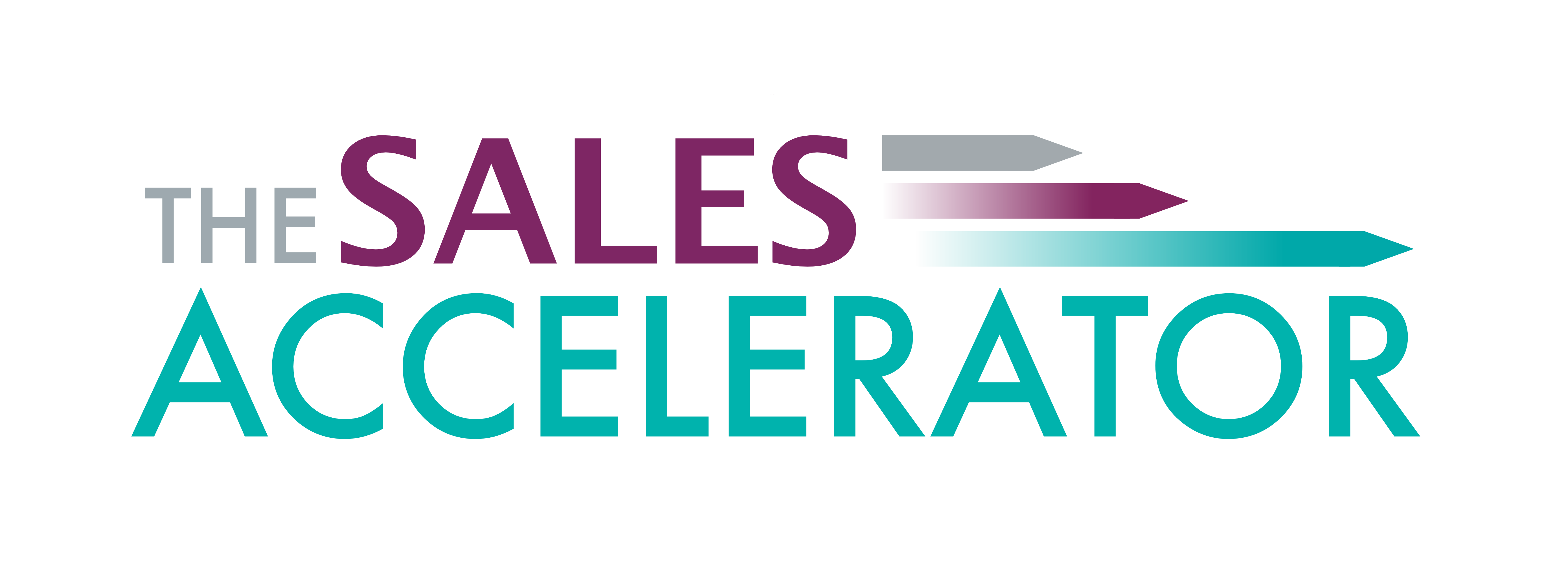Sales has never really been good for the environment, has it? For many organisations, reducing emissions is completely at odds with the need to sell products. Think, for example, mobile phone manufacturers. From the moment you get your new phone, you’re under pressure to upgrade to the latest model. This doesn’t help our planet, but is a necessary step for organisations to make more money. Of course, there are many products which are sold, which actively help the planet. But even then, there are the drives and flights which go into making the sale, and if you fly to Basel for a pre-lunch meeting then back to the office in the afternoon, there’s an environmental impact.
That’s the situation for products, and it’s easy to think that service providers are less damaging, but again, that’s often not the case. There are still the trips to attend sales meetings (although hopefully the changes which have come along during Covid with meetings taking place over Zoom will stick longer-term) and then there are the account reviews, the consultants’ travel, and the computer equipment needed to provide these services.
In a previous life, I worked for a training company and was often appalled by the unnecessary travel that went on. We ran most of our training courses from hotels in central London, but 75% of our attendees would fly in from abroad, often from places as far afield as Africa, Kazakhstan and Scandinavia. The carbon footprint of a central London training course must have been astronomical.
And that’s why at the company I run, Navanter, we like to do things differently. We’ve always cared about our environmental impact, right from when we were formed in 2011. By 2012, we’d become one of the pioneers of virtual training, way before Covid, with some major organisations such as global information powerhouse, Informa plc, embracing the approach to delivering training around the world without the carbon impact.
Before Covid came along, we took whatever steps we could to minimise our carbon footprint. We always take the train if it’s at all practical, and even visiting clients as far away as Germany and Switzerland, we’ve travelled by Eurostar rather than flying. And now that it looks like the world will be getting back to face-to-face again soon, we’re renewing our commitments.
We see our next step as being not just to reduce our impact, but to become carbon-positive. That means removing more carbon from the atmosphere than we produce. And we recently partnered with OblongTrees to off-set more carbon than we have ever produced.
Of course, planting trees isn’t going to save the planet on its own, and we certainly don’t see this as an excuse to relax our other environmental policies, but we see it as the next step in doing our bit, and we hope that we can inspire others: our clients, our competitors, and the business world as a whole, to think about how to balance the environmental cost of doing business, with something that begins to repair some of the damage to our world.

